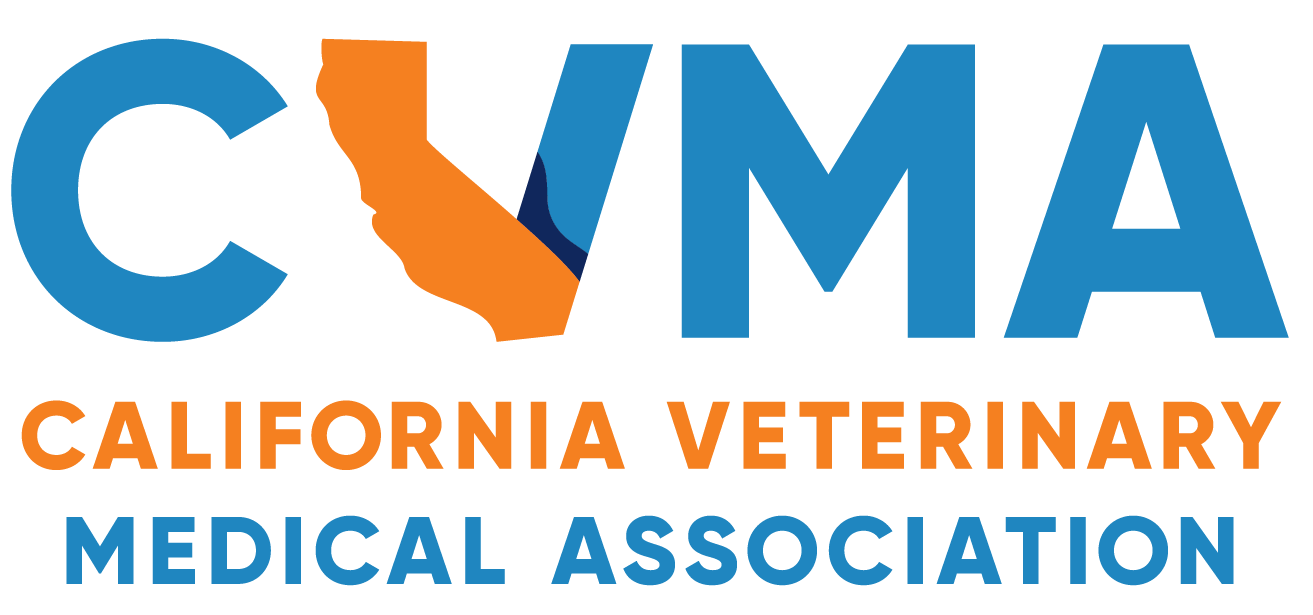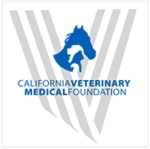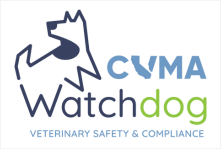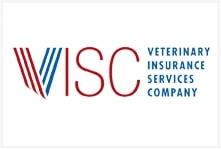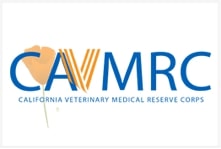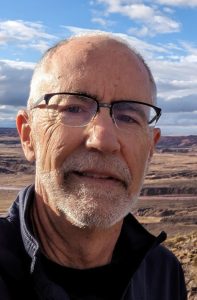This article was originally printed in the January/February 2024 issue of the California Veterinarian magazine.
I retired at the end of 2022 after having been an appointed deputy director of the California Department of Public Health (CDPH) and leading the state’s environmental health programs for the last 10 years, as well as after 22 years in state and county public health and over 38 years as a veterinarian. With retirement comes reflection…How did this all come about? What opportunities did I seek out and/or maximize along the way? What were the greatest rewards? Are there things in my path that may resonate with other veterinarians?
Like many of you, I desired a veterinary career because of the challenges and rewards, making a difference in animal and human well-being, and contributing to society. During my veterinary training at UC Davis, I became aware of the breadth of career opportunities available, including in public health. I also became familiar with and completed the Master of Preventive Veterinary Medicine (MPVM) program there, training with two key mentors: Drs. Calvin Schwabe and Dave Hird. After a few years in private practice and reaping the rewards of hands-on, front-line work with animals and their people, I made the jump to public health in 1990, when my wife spotted “Sacramento County Epidemiologist” in the classifieds. After increasing their awareness of what a veterinary epidemiologist could bring to this role, I got the job.
The engagement with the community, other counties, and the state to utilize epidemiology and surveillance in understanding and addressing many public health challenges—ranging from HIV/AIDS to foodborne disease outbreaks to maternal/infant health—was rewarding and opened more doors. I joined the state health department in 1995 as a public health veterinarian, focusing on zoonotic diseases, including an early investigation of Mycobacterium tuberculosis in zoo and circus elephants. I later led communicable disease surveillance and then spent four years as the communicable disease division chief, all under the guidance of Dr. Kevin Reilly. Proactive interactions with county health officers led to my 2007 appointment as director of public health for Placer County and, leveraging my veterinary hat, I was also able to lead animal services and reinvigorate the project to build a new shelter there.
After five years, I pursued a new opportunity and returned to state public health, this time leading a variety of programs to address foods, drugs, cannabis/hemp, radiation, drinking water, medical waste, recreational water, toxins, and other environmental health concerns. I was able to serve on the governor’s Drought Task Force, representing the CDPH to help address the health impacts of the 2012–16 drought, answer questions, and connect resources. I also volunteered to assist leading health equity and climate change programs and, of course, we all worked on COVID-19. I can attest that the oft-maligned statement “we are with the government and we’re here to help” is frequently true, and a career in public practice can be hugely rewarding.
Organized veterinary medicine also played an important role in my career, beginning with time spent as a CVMA student representative and continuing with service in the CVMA’s House of Delegates. I further served as my local VMA’s president, on various American Veterinary Medical Association councils and committees, and as president of the epidemiology specialty with the American College of Veterinary Preventive Medicine. Each of these helped open more doors. I was also able to teach epidemiology and community health at three universities (most recently in the UC Davis Master of Public Health Program), to participate in research, and to deliver over 100 presentations on myriad public health topics.
Having walked a non-traditional path involving multiple roles, it is clear that my veterinary training and skills served as a solid foundation throughout. Every step seemed perfectly natural for someone with my background. Veterinarians in particular have much to contribute, being well-trained for careers in agriculture, food and drug safety, wildlife health, environmental health, teaching and research, and public health. The rewards of this career path have been both personal (work-life balance) and professional, on a larger scale than clinical practice but also less immediate, and included the opportunities to work with teams of experts to address community and statewide public health challenges—leveraging the One Health approach.
